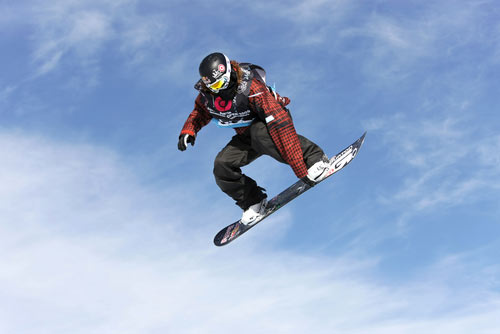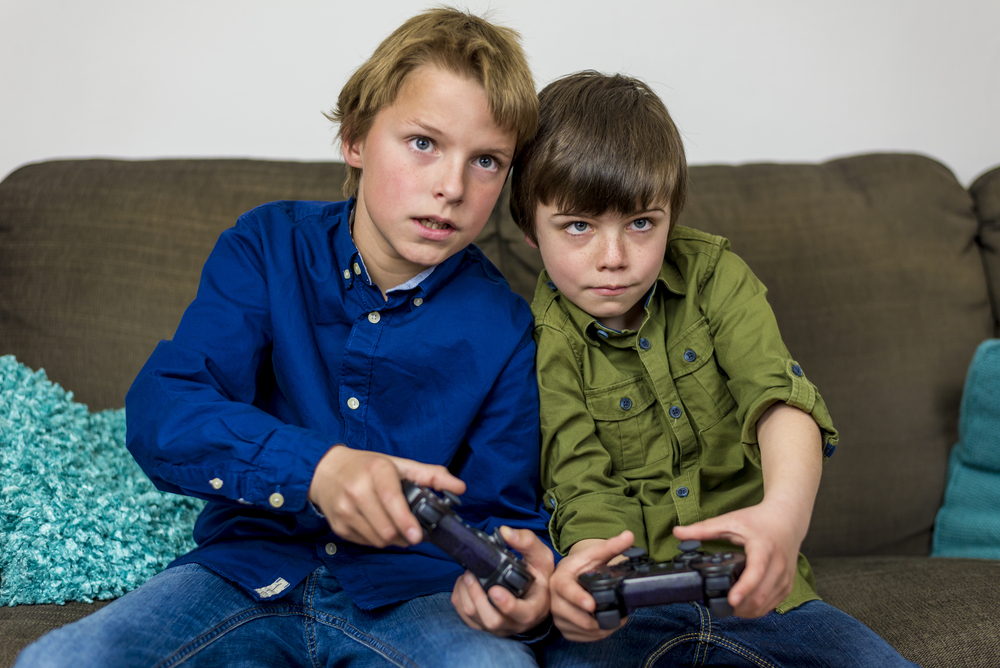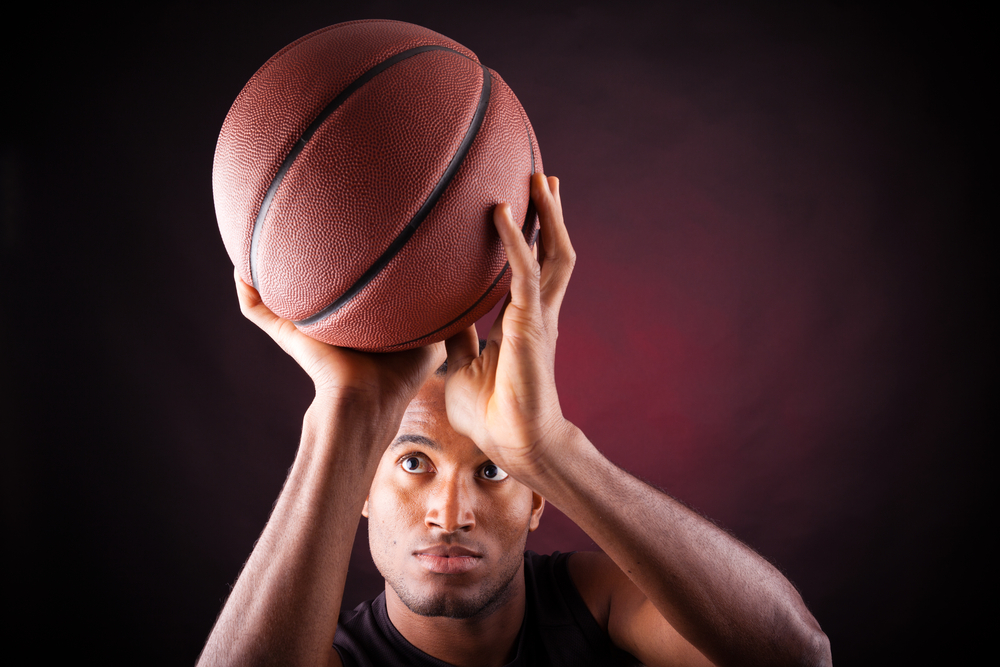For Golfers, Jazz Improves Scores
For millions of people around the world, the search has been ongoing for decades. Thousands of hours and dollars have spent trying to find the answer to one of life’s most puzzling questions: how to sink more putts on the golf course. For some, it’s the right breathing technique. For others it's the grip, while a few others are convinced that whispering the right phrase puts your mind into a Tiger-esque state. If only there was a simple way to drop a few strokes on the green. According to physical therapy researchers at Clarkson University, all it takes is a little jazz in the earbuds.
Past studies have already confirmed that music can motivate us to perform better in repetitive aerobic activities like running or cycling. Pumping up the volume on our favorite tunes can distract us from the pain and fatigue of a long workout or race. But Zeppelin or Jay-Z won’t help us much for sports requiring a more cognitive approach like golf.
"Other research has shown that country music improves batting, rap music improves jump shots and running is improved by any up-tempo music,” said Ali Boolani, Assistant Professor of Physical Therapy & Physician Assistant Studies at Clarkson. “But the benefit of music in fine motor control situations was relatively unknown."
Boolani gathered 22 D1 college golfers––obviously not novices––to test which type of music produces the best putting. He asked each golfer to take five putts from four different locations around a hole. During six different trials, the golfers listened to either classical, country, rock, hip hop/rap, jazz or no music at all.
With the exception of rock music, all of the musical styles improved putting performance slightly more than those who didn't listen to any music. But only jazz stood out as the one genre that significantly lowered scores for these experienced golfers. In case you’re wondering, the researchers chose Louis Armstrong, Sade and Norah Jones to represent jazz, so elements of soul and pop may also be part of the winning formula.
The research has been published in the Journal of Athletic Enhancement.
Boolani is not entirely sure why jazz came out on top. “Based on these findings, it could be argued that jazz serves to act as a calming effect, as opposed to other genres which generally have higher tempos and could increase levels of arousal,” he said.
For the college (and pro) golfers, music isn’t allowed during competitive rounds. However, practicing with some Miles Davis or Herbie Hancock on shuffle may just mellow out your nerves when you’re standing over that six foot putt.
NEW! Free Sports Organization Resources
All of TeamSnap's ebooks, articles, and stories in one place. Access Now
Similar Articles:

How Shaun White’s Brain Learns A New Trick
By Dan Peterson, TeamSnap's Sports Science Expert. The…
Read More

Why 3D Video Games Might Actually Be Good For Young Brains
By Dan Peterson, TeamSnap's Sports Science Expert …
Read More

Why Practice Makes Perfect
By Dan Peterson, TeamSnap's Sports Science Expert …
Read More
